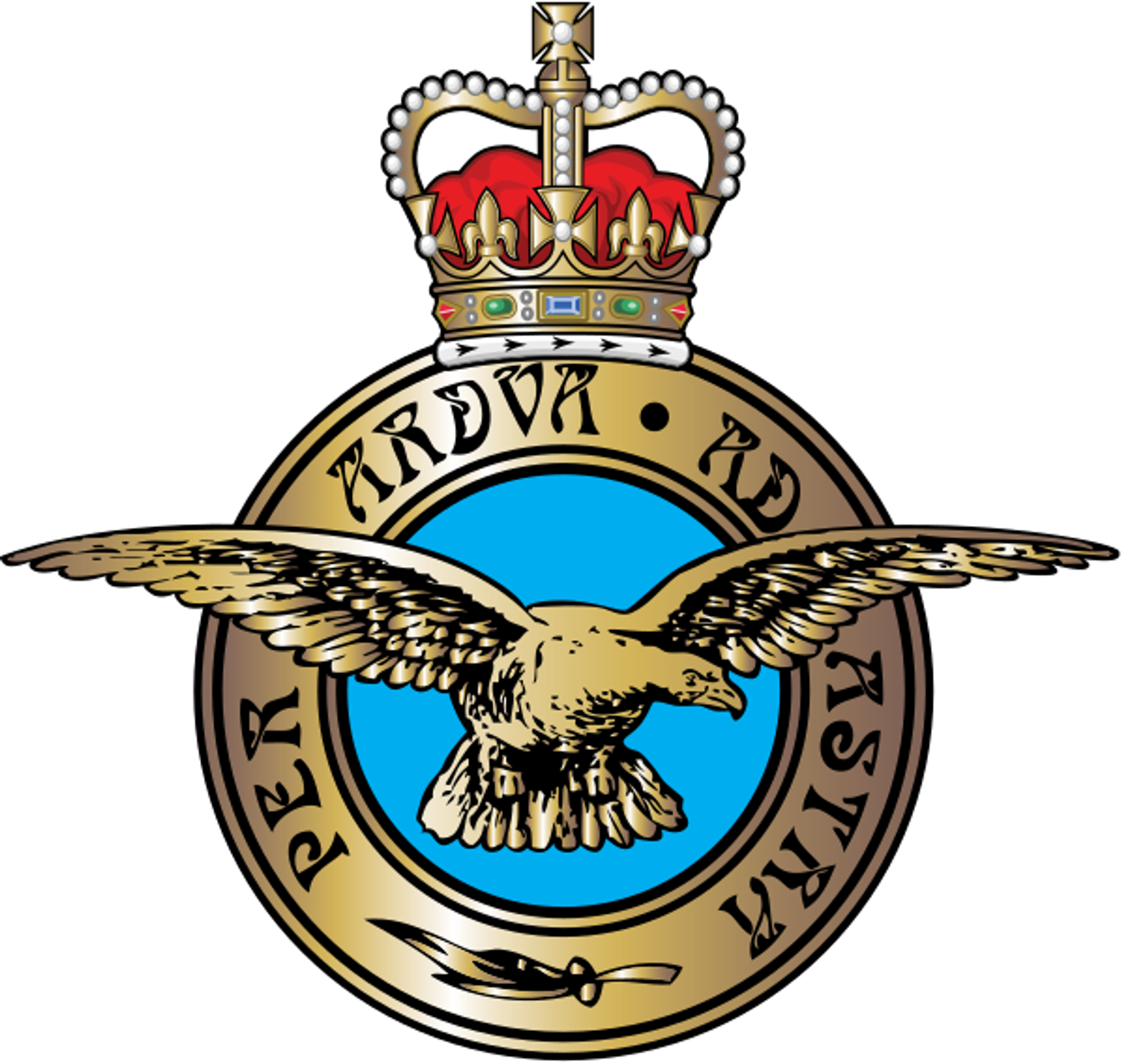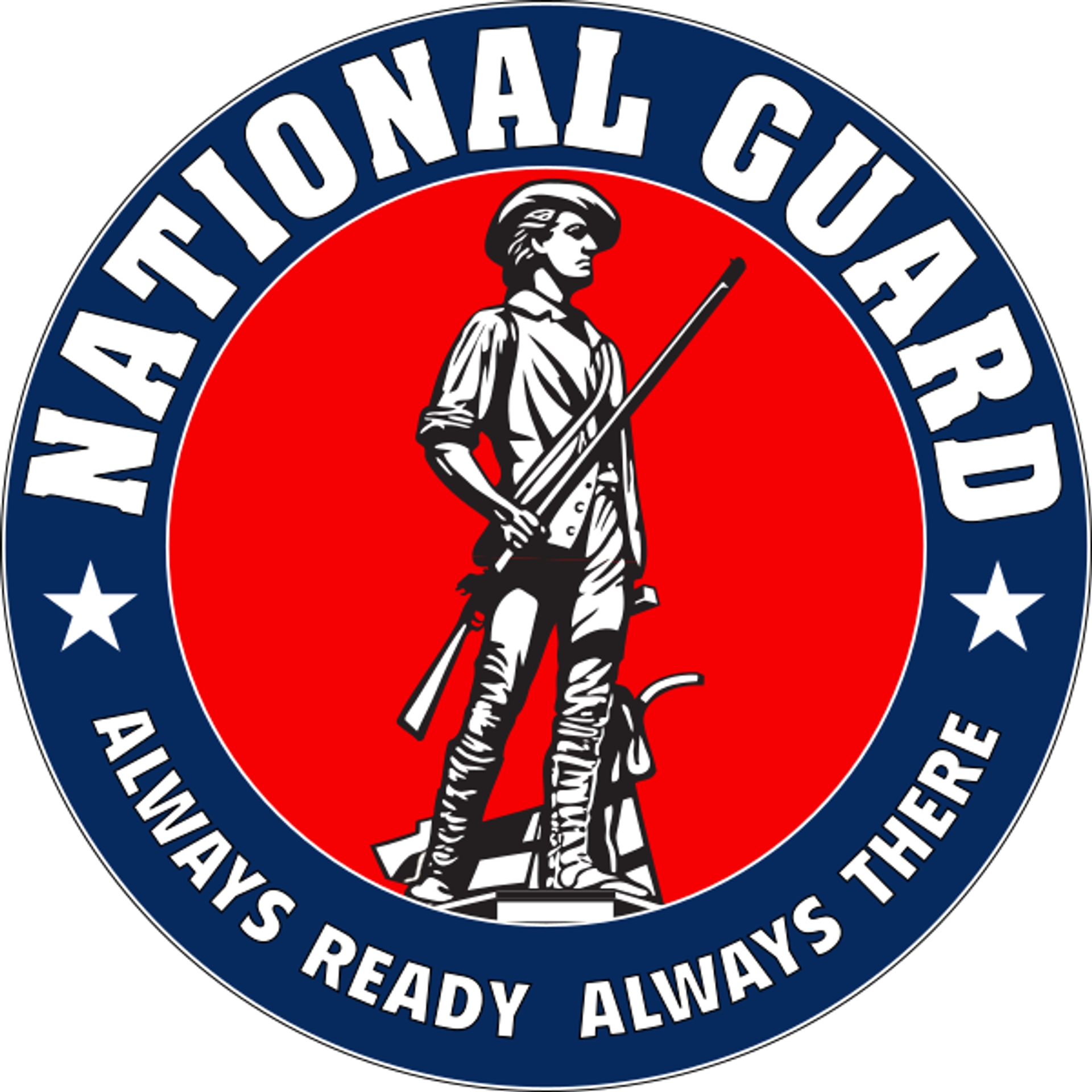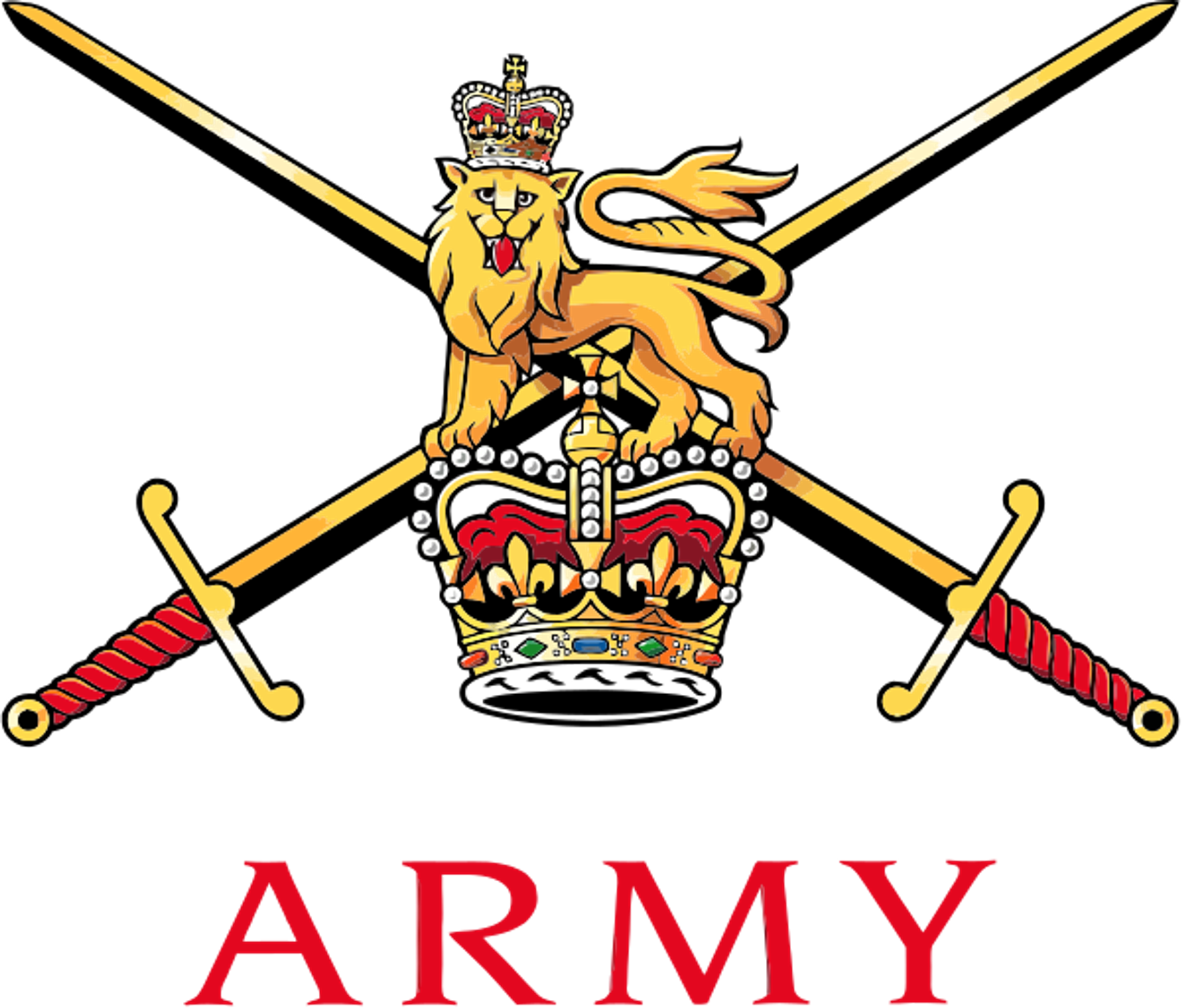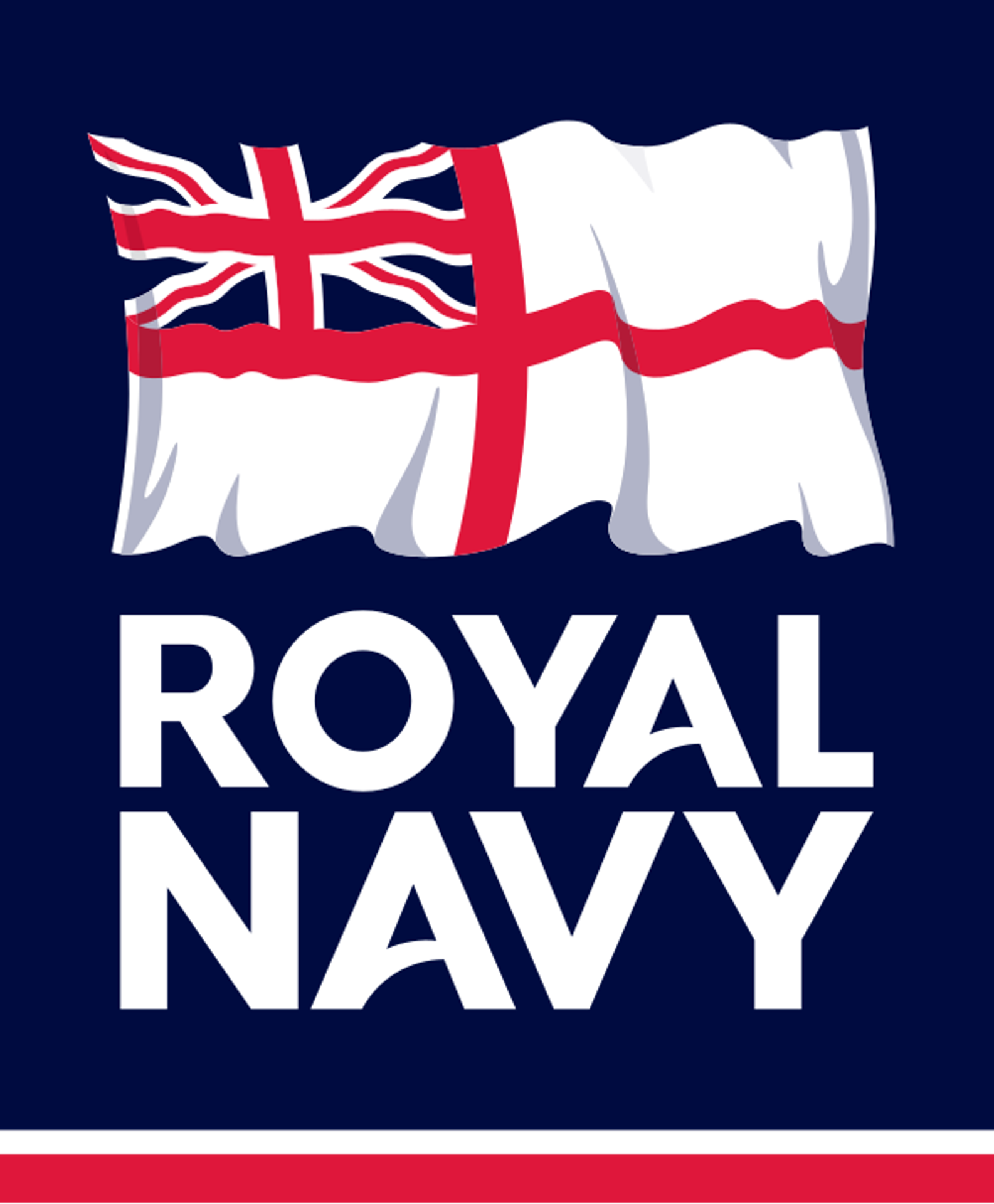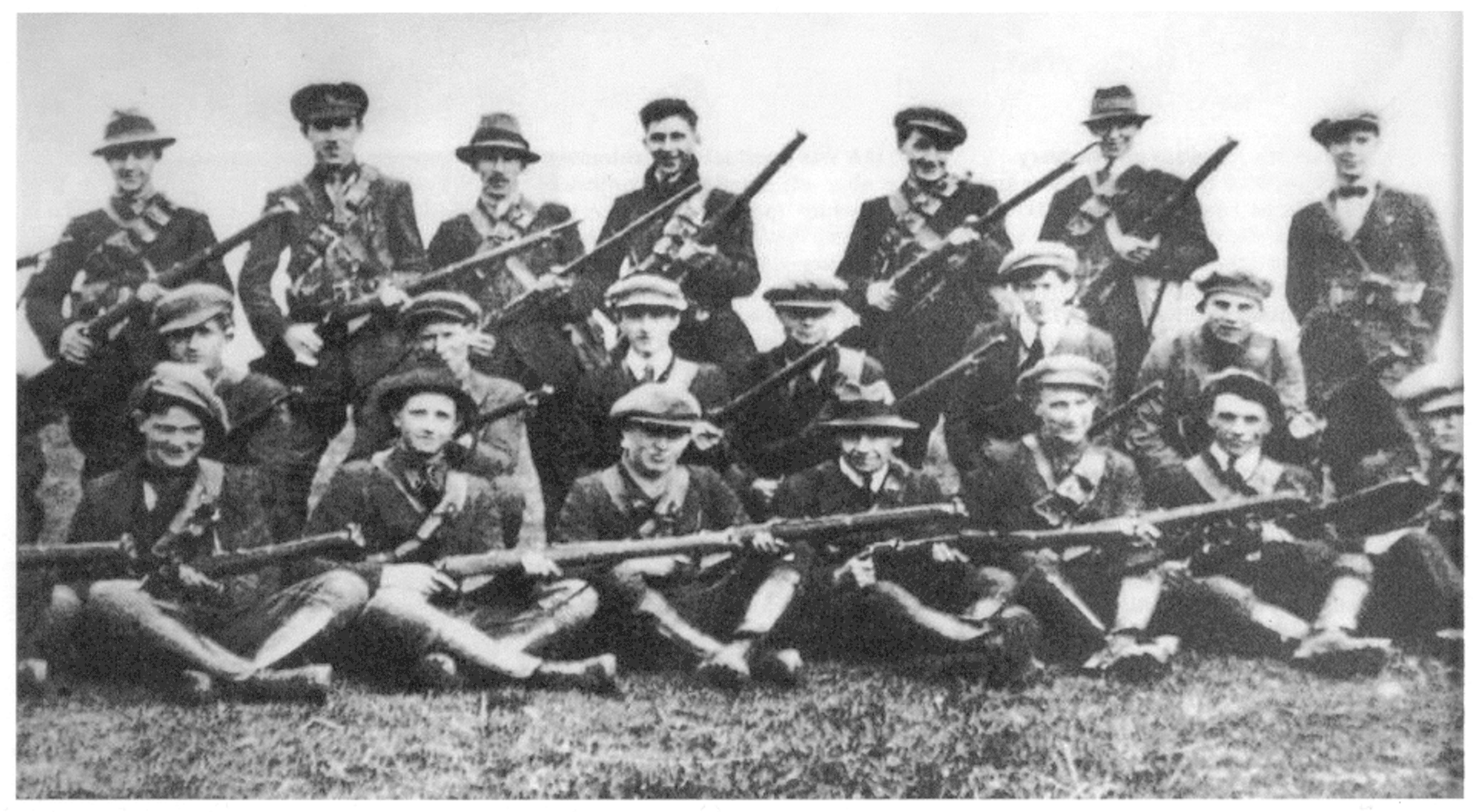
Irish Republican Army
What do people say about Irish Republican Army?
In the United Kingdom, the Irish Republican Army (IRA) is largely viewed as a terrorist organization responsible for numerous violent acts during the Troubles. The prevailing perception is that the IRA's methods, which included bombings and assassinations, have caused deep societal divisions and suffering. While some may romanticize the IRA as freedom fighters, the broader UK perspective focuses on the consequences of their actions, including loss of life and ongoing sectarian tensions. The IRA's legacy is one of contentious debate, with its actions being condemned by a significant portion of the population, overshadowing any arguments for their political motives.
Where are the conversations happening?
The analysis of sources reveals a consistent portrayal of the IRA as a violent paramilitary group, particularly in UK media. News outlets like the BBC and The Guardian frequently highlight the negative consequences of IRA actions, such as civilian casualties and the perpetuation of conflict. Critical discussions often arise around the distinction between historical narratives and present-day implications, with little support for the IRA's methods. In contrast, some Irish sources may present a more nuanced view, but these are less prominent in the UK narrative.
What are the topics trending around Irish Republican Army?
Emerging discussions around the legacy of the Troubles and the implications for modern Irish-British relations have gained traction, particularly concerning how history is taught and remembered in schools.
Why are these topics trending?
These topics are trending as the UK grapples with its historical narratives and the impact of the Troubles on contemporary society, prompting debates about reconciliation and representation in education.
How is Irish Republican Army being talked about?
Detailed breakdown of public sentiment and conversations about this entity.
Impact vs Sentiment
See how each entity's high impact percentage relates to their positive sentiment percentage from actual mentions.


